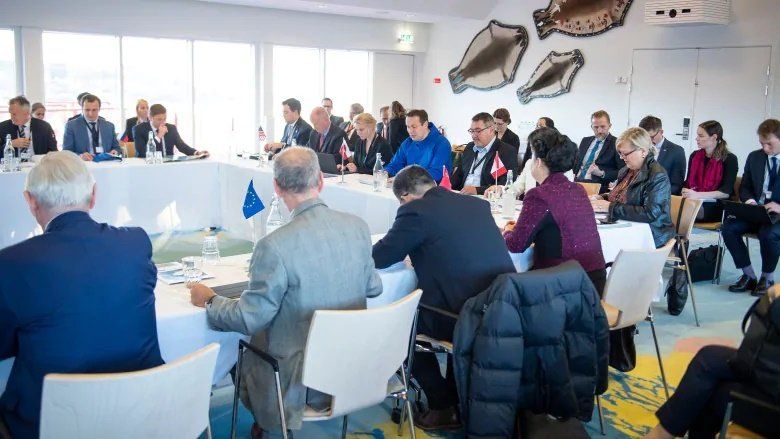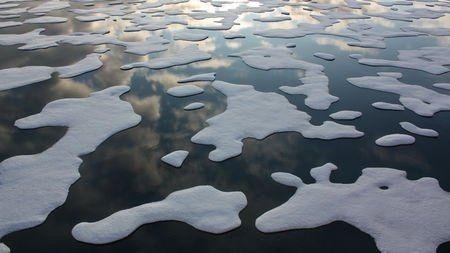Groundbreaking fishing ban in the high Arctic for the next 16 years!
A new treaty by the European Union and nine other countries, including the U.S. and Russia have signed an international agreement to ban commercial fishing in the Central Arctic Ocean (CAO) for the next 16 years in order to protect it's fragile ecosystem.
On Thursday 14th of February, an international treaty to protect 2.8 million square kilometers of central high Arctic waters was signed by Canada, China, Denmark, Iceland, Japan, the republic of Korea, Norway, Russia and the U.S. The agreement, which was negotiated last year, applies to northern waters at least 200 kilometres away from the shores of any coastal states. That amounts to about the size of the Mediterranean Sea. This will enter into force once ratified by all ten parties.
According to a statement from the European Parliament, the treaty aims to "safeguard healthy marine ecosystems. ensuring the conservation of fish stocks and guarantee the sustainability of fishing activities".
Currently there is no commercial fishing in this area as it has been previously covered by ice, however as ocean conditions change, it will be possible for fishing vessels to enter these new areas. The Arctic is warming twice as fast as the rest of the world and this displacement is affecting oceans and fish stocks. This new deal is historic in that it is the first time that an international community has refrained from fishing in an area before knowing more about the ecosystem in question.
As well as a commercial fishing ban, the agreement commits the countries to major scientific work on the entire ecosystem of a region that climate change is making increasingly accessible. Once frozen year-round, about 40% of those waters are now open during the summer.
Illegal fishing has been estimated to account for 15% of all fishing efforts, amounting to 26 million tonnes of fish per year. Currently more than 30% of global fish stocks are on the verge of collapse and overfishing and unregulated fisheries can have serious negative impacts for marine ecosystems. Sustainable commercial fisheries are important to reduce negative impacts through overfishing, pollution from nets and equipment, and destruction from trawling and dredging.
In light of this, the EU's decision to not fish untouched Arctic waters for a prolonged period prior to knowing more about the ecosystem is a necessity and is a decision welcomed not only by marine conservation NGOs in Europe but also by the EU Fishing association Europeche, who have already prior to this treaty agreed not to commercially fish in this zone.
SHARE THIS ARTICLE















